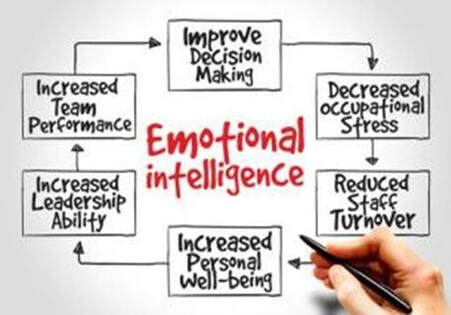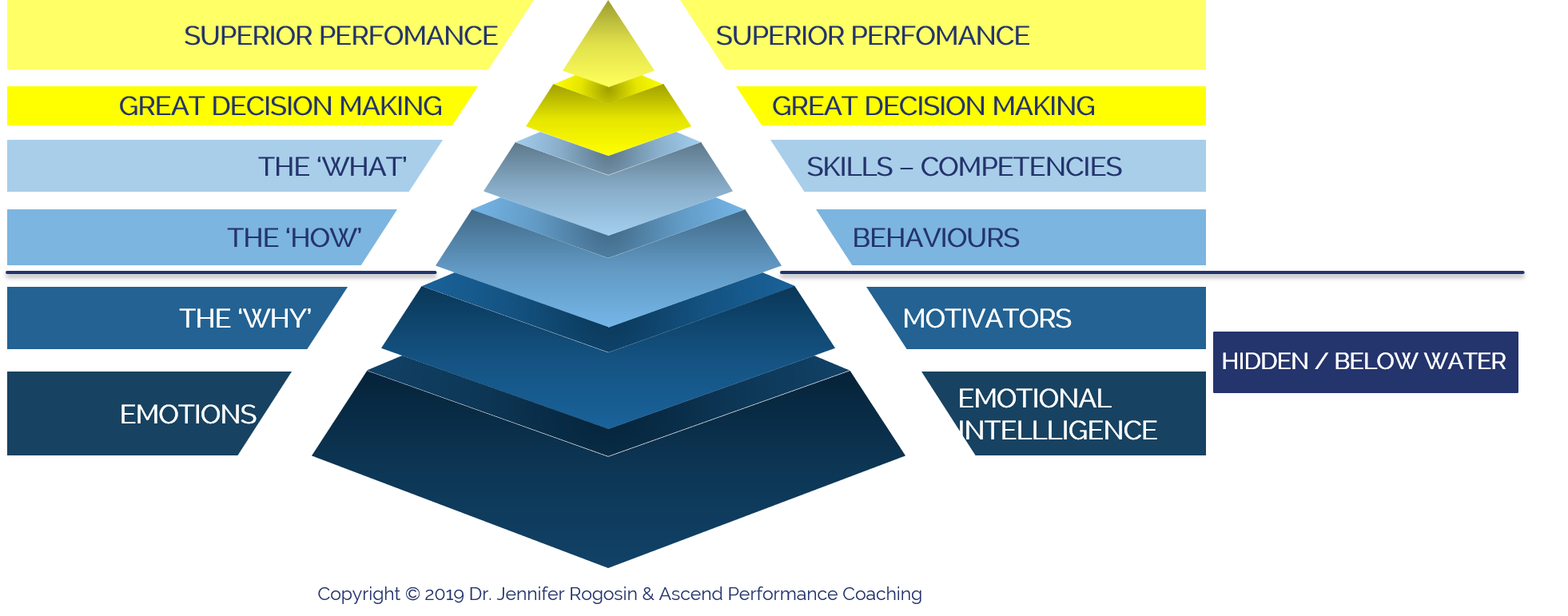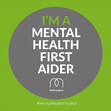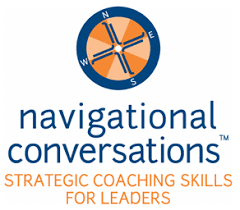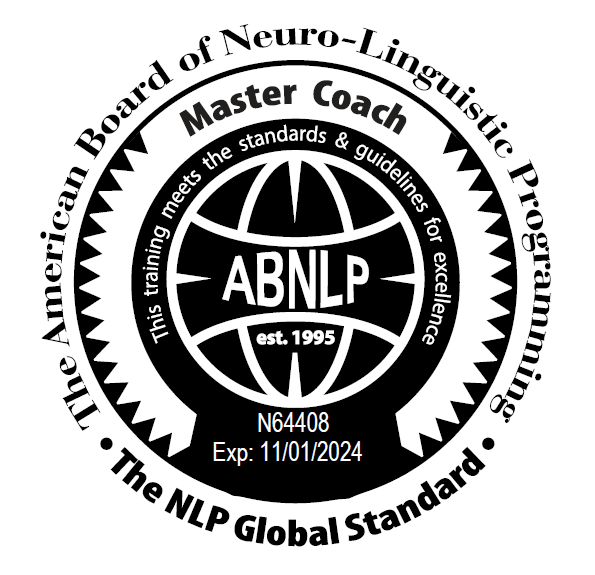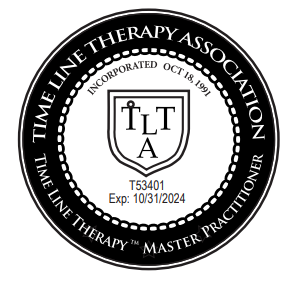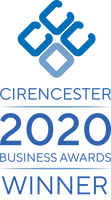“Emotional intelligence counts more than IQ or expertise for determining who excels at a job, any job. For outstanding leadership, it counts for almost everything." |
What is Emotional Intelligence? (EQ)
|
Emotional Intelligence (EIQ) is made up of 4 pillars: self-recognition, self-management, social-recognition and social-management. It's about how you deal with stress and anxiety. How you manage change, challenges and conflict. It's about how well you understand yourself and other people and how you engage with them.
Self-recognition & self-management The ability to recognise, understand, and manage emotions. Social-recognition & social-management The ability to recognise, empathise and relate to the emotions of others. |
|
Self-recognition
Consciousness Identification Self-Understanding Accurate Assessment Confidence Realistic Personal Appraisal Motivation |
Self-management
Self Control, Discipline Trustworthiness Transparency Adaptability Achievement Initiative, Success Drive Optimism |
Social-recognition
Empathy Service Orientation Organisational Awareness Recognition Connection Team |
Social-management
Mentoring Influence Leadership Championing Change Building Relationships Teamwork & Collaboration |
Can Emotional Intelligence be learned?
Yes - unlike IQ which is fixed at about the age of 15, EIQ is dynamic and can fluctuate depending on what is happening in your life. The great thing is that you can increase your EIQ using a wide range of simple strategies either on your own or, for faster, more profound results, through training and coaching.
Increasing your EIQ can give you the ability to increase your mental strength, feel more in control and be more confident. You will become more adaptable, find it easier to overcome what ever life throws at you and ultimately be more successful in both your professional life and your personal life. In some cases that result can be truly transformational.
Increasing your EIQ can give you the ability to increase your mental strength, feel more in control and be more confident. You will become more adaptable, find it easier to overcome what ever life throws at you and ultimately be more successful in both your professional life and your personal life. In some cases that result can be truly transformational.
Emotional Intelligence in the Workplace
,According to Daniel Goleman, "In leadership positions, 85% of the competencies for success lie in the Emotional Intelligence domain, rather than in technical or intellectual abilities".
We are emotional beings, and the British culture of the stiff upper lip, the culture of 'leaving your personal problems at home and not bringing them into work', has lead to people not feeling 'safe' to be open about things they are going through. This in turn has a direct impact on their engagement, productivity and motivation. If the person who is struggling whether personally or professionally has low EIQ their resilience is likely to be low causing stress and anxiety.
On the flip side of this individuals with high EIQ will be able to cope with and manage their emotions better and maintain a more objective outlook. Working to increase your own and your people's EIQ can have a profound impact on engagement, productivity and motivation, ultimately resulting in more sales, better customer service and internal communication, and increased financial results.
Some of the additonal benefits are listed below:
We are emotional beings, and the British culture of the stiff upper lip, the culture of 'leaving your personal problems at home and not bringing them into work', has lead to people not feeling 'safe' to be open about things they are going through. This in turn has a direct impact on their engagement, productivity and motivation. If the person who is struggling whether personally or professionally has low EIQ their resilience is likely to be low causing stress and anxiety.
On the flip side of this individuals with high EIQ will be able to cope with and manage their emotions better and maintain a more objective outlook. Working to increase your own and your people's EIQ can have a profound impact on engagement, productivity and motivation, ultimately resulting in more sales, better customer service and internal communication, and increased financial results.
Some of the additonal benefits are listed below:
|
What will improve?*
*Information taken from our assessment provider and clients |
What will be reduced?*
|
Emotionally Intelligent Leadership
Emotionally Intelligent leadership is the key to both you and your people thriving rather than surviving. Leaders who can master their mindset, maximise their own performance and develop an inspiring and resonant communication style, setting the example for everyone else, will find that increased team coherence and results follow.
'The team leader’s emotional intelligence doesn't predict the performance of the team, BUT it does predict the emergence of the emotionally intelligent team norms'.
Team Norms and Emotional Intelligence by Vanessa Druskat, May 22, 2017
'The team leader’s emotional intelligence doesn't predict the performance of the team, BUT it does predict the emergence of the emotionally intelligent team norms'.
Team Norms and Emotional Intelligence by Vanessa Druskat, May 22, 2017
Emotionally Intelligent Teams
On a team level, understanding the group 'norms' and their 'emotional reality' and then increasing individual and team EIQ will lead to a collective improvement in how the team communicates, how engaged, motivated and focused they are, and how well they make decisions. They will also be more resilient both individually and collectively.
Emotionally Intelligent Organisations
The final piece in the EIQ puzzle. Is your organisation's 'mission statement' or 'vision' in line with the day to day reality of how the organisation operates? If there is a disparity between these there will almost inevitably be a negative emotional back lash. According to Daniel Goleman, in his book Working with Emotional Intelligence. The feelings experienced may range from cynicism, to anger, despair, guilt or even shame amongst the workforce..
He goes on to say that Emotionally Intelligent organisations will have a level of self-awareness as to where the disparities lie between 'the values it proclaims and those it lives'. A mission statement or vison 'serves as an emotional function: articulating the shared sense of goodness that allows us to feel what we do together is worthwhile'. When an organisation measures success in additional ways, and not just based on financial outcomes, morale and energy is boosted.
Goleman says that just like it is important to understand our own strengths and weaknesses and the strengths and weaknesses of our teams, so we need to understand the strengths and weaknesses of the organisation as a whole. Only once all the pieces fit together can an organisation be truly Emotionally Intelligent from top to bottom.
He goes on to say that Emotionally Intelligent organisations will have a level of self-awareness as to where the disparities lie between 'the values it proclaims and those it lives'. A mission statement or vison 'serves as an emotional function: articulating the shared sense of goodness that allows us to feel what we do together is worthwhile'. When an organisation measures success in additional ways, and not just based on financial outcomes, morale and energy is boosted.
Goleman says that just like it is important to understand our own strengths and weaknesses and the strengths and weaknesses of our teams, so we need to understand the strengths and weaknesses of the organisation as a whole. Only once all the pieces fit together can an organisation be truly Emotionally Intelligent from top to bottom.
Digital Emotional Intelligence (DEQ)
'If EQ is the ability to understand, empathise and negotiate with other people, then DEQ is the ability to apply EQ in our increasingly digital, connected environments.'
'Digital is about people, not technology. It’s about Emotional Intellignece, not artificial intelligence.'
'Digital Wellness (balancing technology with healthy boundaries & emotional health)'.
Tom Bryant
The way digital platforms have been developed, including social media and email, with notifications, likes and comments means it taps into the same chemical reactions that lead to drug and alcohol addictions, hence individuals who have low DEQ may struggle to differentiate between when it is appropriate and inappropriate to engage digitally.
What is the impact of digital connectivity on mental well-being?
The statistics:
•According to Ofcom – 78% off the population have a smart phone and 95% or 16-24yr olds.
•Average frequency for checking phones – every 12 minutes
•1 in 5 adults spend more than 40 hours online per week
The possible consequences:
•Impaired memory
•Shortened attention span
•Changes to how we read
•Decreased sociability
•Less civil
•Less empathetic
•Increased stress and anxiety
•Decreased face to face and telephone communication skills
•POOR SLEEP
Tom Bryant puts forward to idea of DEQ, for the full article click the link below. While the article focuses on Leadership we believe that this applies to everyone, particularly Millennials or indeed any of your people who have poor self-management when it comes to their phones and how they manage themselves in relation to social media and other digital platforms in the workplace. Where work email is concerned it is their engagement outside of work that should be considered along side the organisations culture in relation to expectations around work email.
Leaders need DEQ! Welcome to Digital Emotional Intelligence - Tom Bryant - Full Article
What is an Emotional Intelligence test??
We prefer to use the word Emotional Intelligence profile, rather than test or assessment. The profile can be considered similar to a blood test or ex-ray. It allows us to get a clear overview of your current level of EIQ and also allows us to see things that you may not be aware of that are in your sub-conscious mind. The profile is completed online from which a 32 page report is generated, the results can then be feedback on a one-to-one basis or in groups.
EIQ profiles can also be worked up into team reports giving a fantastic overview of the emotional strengths and weaknesses in a team, providing great insight into how they can best work together to leverage their strengths and develop their weaknesses as well as mitigating against mis-understandings, in-action and in-decision.
As you can see from the model below EIQ is the foundation of enhanced decision making and superior performance on both a personal and a team level..
For more information about the model and the full suite of profiling tools we use CLICK HERE.
The Superior Performance Iceberg Model
EIQ profiles can also be worked up into team reports giving a fantastic overview of the emotional strengths and weaknesses in a team, providing great insight into how they can best work together to leverage their strengths and develop their weaknesses as well as mitigating against mis-understandings, in-action and in-decision.
As you can see from the model below EIQ is the foundation of enhanced decision making and superior performance on both a personal and a team level..
For more information about the model and the full suite of profiling tools we use CLICK HERE.
The Superior Performance Iceberg Model
Emotional Intelligence research findings
While your IQ if fixed but the age of about 15 your EIQ is dynamic and can be increased with coaching, it can also decrease at times of bereavement, during divorce or relationship break ups, and at times of intense stress or anxiety or where chronic illness is present.
Professor David McClelland of Harvard found that IQ has the least power in predicting success among the pool of people smart enough to handle the most cognitively demanding fields, and the value of EIQ for success grows more powerful the higher the intelligence barriers for entry into a field. In MBA programmes or in careers lie engineering, law or medicine, where professional selection focuses almost exclusively on intellectual abilities, EIQ carries much more weight than IQ in demanding who emerges as a leader. (Daniel Goleman, Working with Emotional Intelligence 2004)
TalentSmart tested EIQ alongside 33 other important workplace skills and found that 'Emtoional Intelligence is the strongest predictor of performance, explaining a full 58% of success in all types of jobs'. (Travis Bradberry, Forbes Magazine, 09/01/2014)
In your personal life, your level of EIQ dictates how you deal with stress and conflict. It impacts your level of mental and physical health. This also has a huge impact on your professional life. As a company if your staff are struggling at home it will impact their productivity and motivation at work.
The link between EIQ and earnings is so direct that every point increase in EIQ adds $1300 (£1050) to an annual salary. These findings hold true for people in all industries, at all levels, in every region of the world (Fobes Magazine)
Professor David McClelland of Harvard found that IQ has the least power in predicting success among the pool of people smart enough to handle the most cognitively demanding fields, and the value of EIQ for success grows more powerful the higher the intelligence barriers for entry into a field. In MBA programmes or in careers lie engineering, law or medicine, where professional selection focuses almost exclusively on intellectual abilities, EIQ carries much more weight than IQ in demanding who emerges as a leader. (Daniel Goleman, Working with Emotional Intelligence 2004)
TalentSmart tested EIQ alongside 33 other important workplace skills and found that 'Emtoional Intelligence is the strongest predictor of performance, explaining a full 58% of success in all types of jobs'. (Travis Bradberry, Forbes Magazine, 09/01/2014)
In your personal life, your level of EIQ dictates how you deal with stress and conflict. It impacts your level of mental and physical health. This also has a huge impact on your professional life. As a company if your staff are struggling at home it will impact their productivity and motivation at work.
The link between EIQ and earnings is so direct that every point increase in EIQ adds $1300 (£1050) to an annual salary. These findings hold true for people in all industries, at all levels, in every region of the world (Fobes Magazine)

